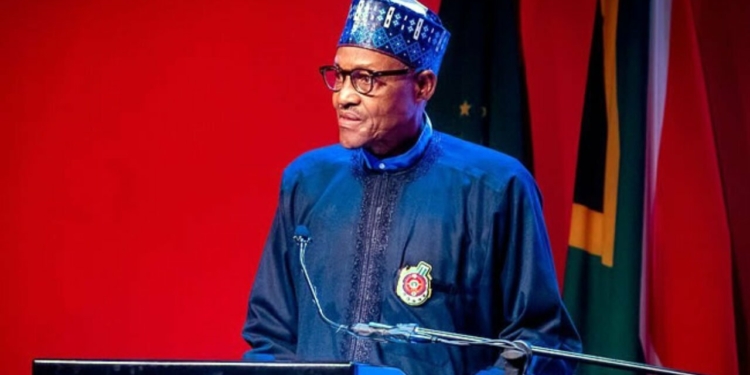President Muhammadu Buhari says additional 2,000 kilometres of roads and bridges will be constructed under the Road Infrastructure Tax Credit Scheme.
The president revealed this when he presented the 2023 budget proposal of N20.5 trillion at the joint session of the National Assembly (NASS), on Friday in Abuja.
He said: “We are undertaking the construction and rehabilitation of about 2,000 kilometres of roads and bridges, nationwide, to be financed by the grant of tax credits to investing private companies.’’
The president said that his administration had made appreciable progress in the rehabilitation and reconstruction of key road networks across the country.
He cited the Lagos – Ibadan expressway, Abuja-Kaduna-Kano expressway and East-West Road in Niger Delta as some of the completed road projects.
According to him, work has also reached completion stage on the Apapa – Oworonsoki expressway, Loko-Oweto Bridge and the Second Niger Bridge.
Buhari expressed optimism that the affected road projects would be inaugurated before the end of his tenure in May 2023.
“Furthermore, we have awarded several contracts to rehabilitate, reconstruct and construct major arterial roads to reduce the hardship to commuters and increase economic activity,’’ he added.
On personnel costs, the president said the Federal Government had extended the coverage of the Integrated Payroll and Personnel Information System (IPPIS) to all MDAs to automate personnel records and the process by which salaries are paid.
He said that the process would also eliminate the incidence of ghost workers.
According to the president, the system is currently being reviewed to enhance its functionality and applicability to MDAs in the different sectors.
In the 2023 budget proposal, Buhari said that the budget was the eighth and final one of this administration.
“It reflects the serious challenges currently facing our country, key reforms necessary to address them, and imperatives to achieve higher, more inclusive, diversified and sustainable growth,’’ he said.
Buhari said that the expenditure policy of the government in 2023 was designed to achieve the strategic objectives of the National Development Plan 2021 to 2025.
This, he said, included macroeconomic stability; human development; food security; improved business environment; energy sufficiency; improving transport infrastructure; and promoting industrialization focusing on Small and Medium Scale Enterprises.
“Against the backdrop of the challenging global and domestic economic environment, it is imperative that we strengthen our macroeconomic environment and address subsisting challenges as a country.
“The 2023 Appropriation, therefore, is a Budget of Fiscal Sustainability and Transition. Our principal objective in 2023 is to maintain fiscal viability and ensure smooth transition to the incoming administration,’’ Buhari said.










Discussion about this post